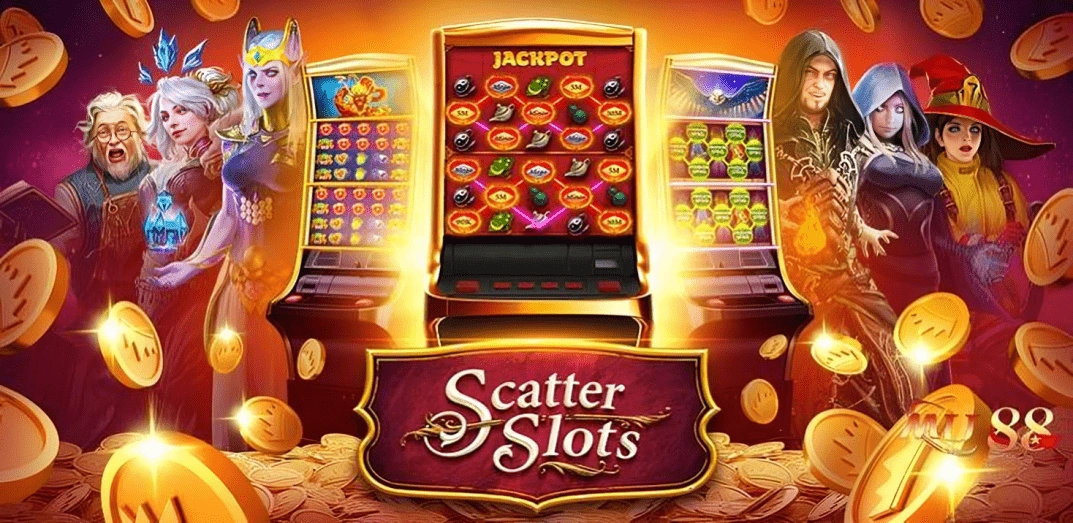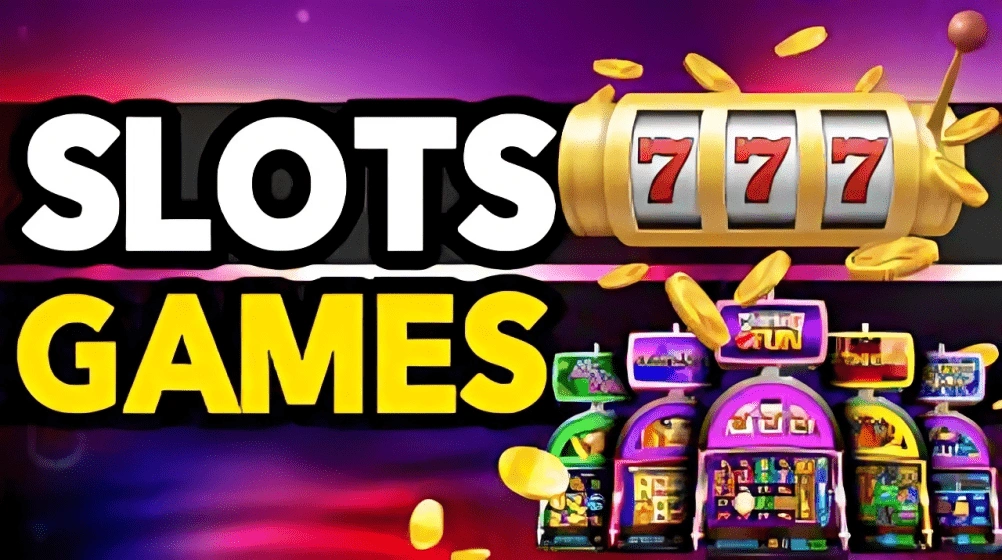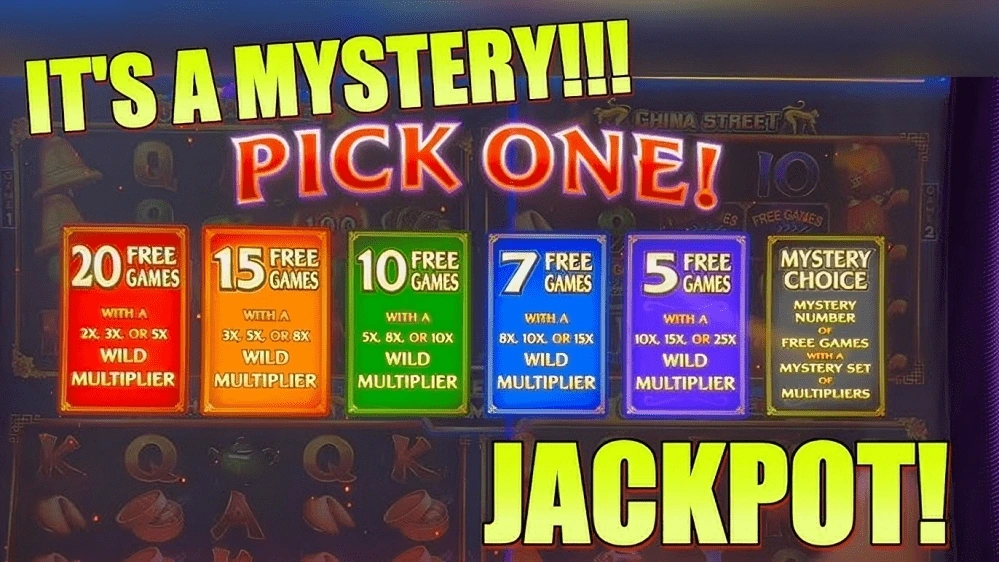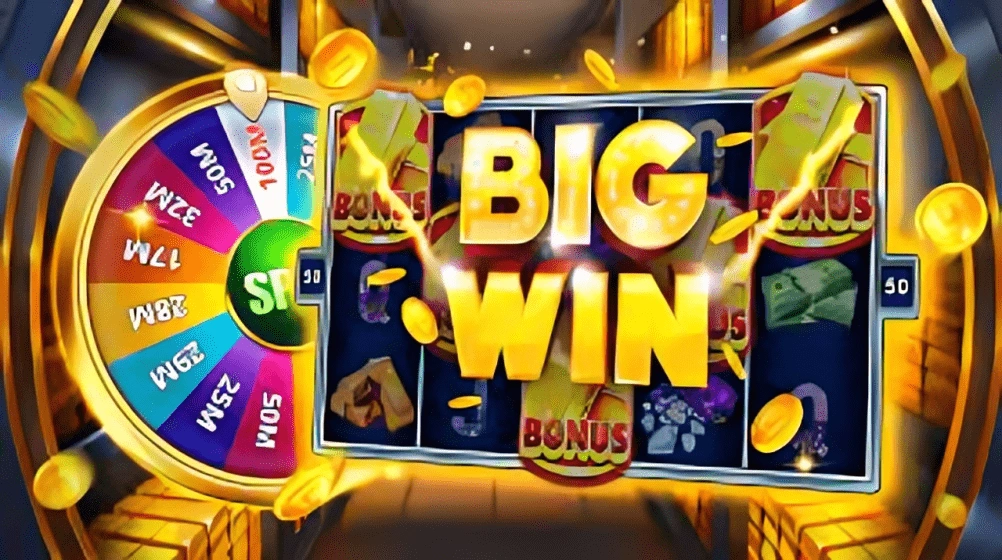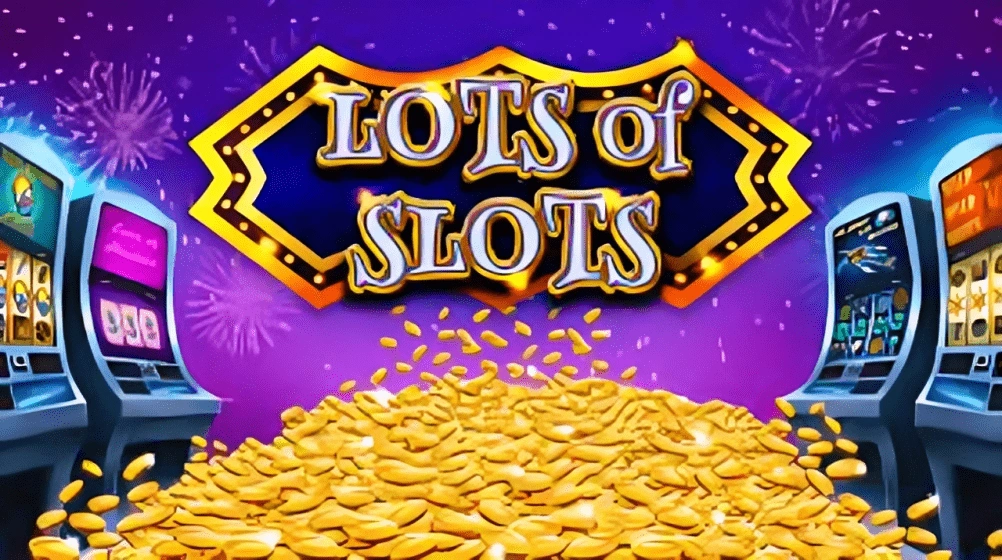Exploring The Best Games And PSP PlayStation Titles Worldwide
PlayStation games have consistently provided some of the best games, blending engaging narratives, inventive mechanics, and captivating worlds that enthrall players gacor300 everywhere. Each new console generation offered developers the ability to expand creative and technical possibilities, designing immersive environments, complex systems, and interactive stories that resonate with audiences. PSP games brought these qualities into a portable format, offering handheld adventures with depth and quality comparable to home consoles. Many PSP titles were adaptations of popular PlayStation franchises, while others introduced unique concepts optimized for handheld gameplay. By combining console and portable experiences, PlayStation and PSP games created a versatile ecosystem that combined accessibility with immersive, high-quality gameplay.
The best PlayStation games succeed by merging storytelling with engaging mechanics that keep players invested. Adventure and role-playing games immerse gamers in interactive worlds filled with branching storylines, strategic combat, and compelling characters. Action and strategy games challenge reflexes, problem-solving, and planning, rewarding careful, skillful play. Multiplayer modes add longevity by connecting players globally for cooperative or competitive experiences. By balancing narrative, mechanics, and social interactivity, PlayStation games remain some of the best games ever released, continuing to influence modern development practices and setting industry standards for immersive interactive entertainment experiences.
PSP games brought these qualities to handheld systems, providing portable experiences without compromising gameplay depth or engagement. Many titles included tactical combat, exploration mechanics, and story-driven quests tailored for shorter, flexible play sessions. Popular PlayStation franchises appeared on the PSP, allowing players to continue familiar adventures anywhere, while original handheld titles offered fresh gameplay systems and new stories unique to portable gaming. The mobility of the PSP enabled players to enjoy immersive, console-quality gameplay during travel, commutes, or casual breaks. These innovations proved that handheld devices could rival home consoles in entertainment value and complexity, securing the PSP’s role as an essential part of PlayStation history.
The legacy of PlayStation and PSP games is defined by innovation, creativity, and enduring influence across platforms. Console titles offered cinematic single-player campaigns, expansive worlds, and online multiplayer, while handheld games emphasized mobility, accessibility, and personal immersion. The best games across both systems combined narrative depth, gameplay sophistication, and technical innovation to create experiences that remain culturally and emotionally significant. By connecting home console and portable gameplay, PlayStation and PSP titles demonstrated that immersive, high-quality interactive entertainment could thrive across platforms, inspiring players and developers while shaping the future of gaming worldwide.

